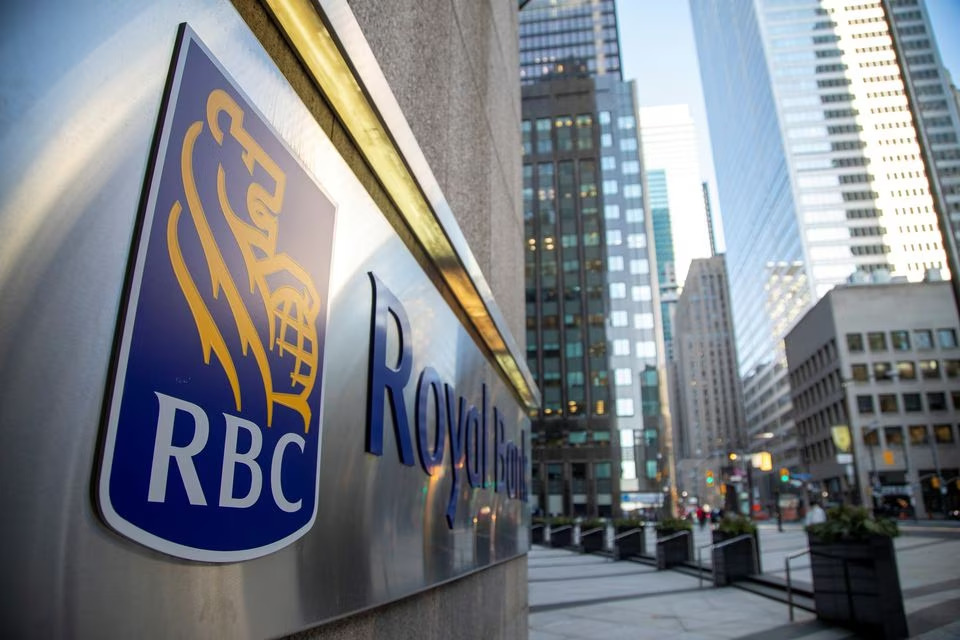This article first appeared in Reuters.
Reporting by Maiya Keidan Editing by Denny Thomas and Deepa Babington.
TORONTO, Jan 26 (Reuters) – Some of Canada’s top investment banks plan to maintain staffing levels to meet client expectations for the same level of coverage through the ups and downs of business cycles, head hunters and industry executives said.
U.S. investment banks, including Goldman Sachs (GS.N), began cutting over 3,000 employees on Jan. 11 citing a challenging macroeconomic environment, raising fears Canadian banks may follow suit. Like their global peers, many Canadian investment banks had staffed up during the pandemic only to see dealmaking slow last year.
At Royal Bank of Canada (RY.TO), the country’s biggest lender, for instance, headcount at its capital markets division jumped by 71% over the two years ending Oct. 31, 2022 to 6,887 employees.
But in the meantime Canadian dealmaking fell 39.7% last year to $89.7 billion. That is more than the 36% drop in global deal values to $3.8 trillion following a stellar 2021, according to data from Dealogic.
Yet, Canadian banks have not announced layoffs and some even say they may increase headcount, though dealmaking in the new year is down nearly 50% to $3.2 billion from a year ago, according to Dealogic.
“Right now there is a sense that there isn’t a need for cuts in the system,” Dominique Fortier, partner at recruitment firm Heidrick & Struggles’ Toronto office, told Reuters.
“When there was an upswing in 2021, it happened so quickly that there was no corresponding increase in hiring and so I don’t see that we’ll have the same decrease in terms of headcount coming.”
Toronto Dominion Bank (TD.TO), which last year agreed to buy New York-based boutique investment bank Cowen Inc (COWN.O), expects to continue to grow its global investment banking business as it work towards closing the deal, a spokesperson said.
Desjardins, another Canadian lender, will continue to invest in its growing capital markets division, a spokesperson said.
EXPENSIVE PROPOSITION
Bill Vlaad, a Toronto-based recruiter who specializes in the financial services sector, said that while there was some nervousness around the stability of investment banking teams, Canada is unlikely to see U.S.-level redundancies aside from the annual cull of poor performers called “maintenance layoffs.”
“The U.S. is very nimble. They will go in and out of hotspots very quickly. Canada doesn’t have that same luxury and has to stay relatively consistent in coverage,” said Vlaad.
“You have a consistent group of people working…and they don’t fluctuate all that much year to year, decade to decade.”
But another down year for dealmaking could see bonuses taking a hit.
RBC, which was ranked No. 2 in Canada M&A, equity capital markets and debt capital markets last year according to Dealogic, has no layoff plans for investment banking in Canada, a source with knowledge of the matter said.
Spokespeople for JP Morgan, which topped the M&A league table last year, Scotiabank (BNS.TO) and Canadian Imperial Bank of Commerce (CM.TO) declined to comment. BMO did not respond to requests for comment.
Headhunters and lawyers say it’s less expensive to lay off bankers in the United States compared to Canada.
Howard Levitt, senior partner at employment law firm Levitt Sheikh, said Canadian investment banking employees would be entitled to somewhere between four and 27 months severance with full remuneration depending on their status, re-employability, age and length of service.



